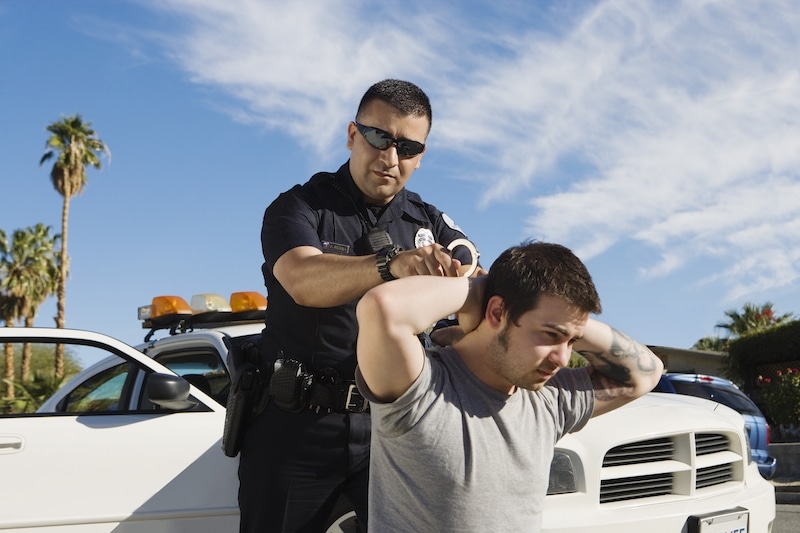
- HOME
- DWI
- What Is A DWI Specialist
- Arrested For DWI?
- DWI 2nd Offense
- DWI 3rd Offense
- Penalties For DWI
- Prior DWI Convictions
- DWI (Driving While Intoxicated)
- DUI (Driving Under The Influence)
- Drunk Driving Lawyer
- .08 Alcohol Concentration
- Felony DWI
- DWI with Child
- Intoxication Assault
- Intoxication Manslaughter
- DWI with CDL
- DWI Expunction
- Drivers License Suspension & ALR
- Impaired Driving vs Drunk Driving
- DWI & Gun Ownership
- Public Intoxication
- BWI (Boating While Intoxicated)
- FWI (Flying While Intoxicated)
- Drug Possession

- AVIATION
- REVIEWS
- PAYMENTS
- INFO
- ABOUT
- About Us
- DWI Specialist J. Gary Trichter
- DWI Lawyer Leslie LeGrand
- DWI Lawyer Aaron White
- DWI Lawyer Gregory Houlton
- Of Counsel Attorneys

- CONTACT
- HOME
- DWI
- What Is A DWI Specialist
- Arrested For DWI?
- DWI 2nd Offense
- DWI 3rd Offense
- Penalties For DWI
- Prior DWI Convictions
- DWI (Driving While Intoxicated)
- DUI (Driving Under The Influence)
- Drunk Driving Lawyer
- .08 Alcohol Concentration
- Felony DWI
- DWI with Child
- Intoxication Assault
- Intoxication Manslaughter
- DWI with CDL
- DWI Expunction
- Drivers License Suspension & ALR
- Impaired Driving vs Drunk Driving
- DWI & Gun Ownership
- Public Intoxication
- BWI (Boating While Intoxicated)
- FWI (Flying While Intoxicated)
- Drug Possession

- AVIATION
- REVIEWS
- PAYMENTS
- INFO
- ABOUT
- About Us
- DWI Specialist J. Gary Trichter
- DWI Lawyer Leslie LeGrand
- DWI Lawyer Aaron White
- DWI Lawyer Gregory Houlton
- Of Counsel Attorneys

- CONTACT
IMPAIRED DRIVING VS DRUNK DRIVING

Impaired Driving vs Drunk Driving, Is There a Difference In Texas?
It is a crime to do either, but the way the state defines intoxication is ‘having lost the normal use of mental or physical faculties’ And you don’t have to be drunk to commit the offense. If you are over the age of 21 and the police suspect impairment due to the introduction of any intoxicating substance, it can be used as grounds for investigation.
Impaired driving vs drunk driving explained
The difference between impaired driving and drunk driving can often vary by state. For Texas, the issue generally revolves around the age, amount of alcohol or impairing substance in the bloodstream, and a number of other factors.
As we mentioned above, however, both impaired and drunk driving are typically treated as serious offenses if you are successfully charged or convicted.
In general, driving under the influence is a somewhat lighter charge levied against people that are under the legal age of 21 and well below a BAC of .08. However, being above the age of 21 or at or above a BAC of .08 wil is considered grounds for a full driving while intoxicated charge.
Variations and Fighting a DWI or DUI Charge
Because a DWI or DUI crime is determined by the loss of physical or mental faculties, the range for what is considered normal varies based on every person. This fact plays an instrumental role in your defense.
If you are able to function at your normal capacity — even if you have had a drink or taken medication — then it’s possible for a Houston DWI attorney to argue that you have not committed the crime in question.
When it comes to impaired driving and drunk driving, the concept of “normal” function is difficult to gauge for a DWI because there is no hard and fast measurement for impairment. Everyone has different levels of functionality, which determines their normal capabilities and therefore any deviation in those abilities.
Addressing Breath and Sobriety Testing
The unmeasurable quality of what constitutes normal use of faculties is why we recommend that you respectfully decline field sobriety tests and breathalyzers. Though these kinds of tests provide a certain measure of impairment, experienced criminal attorneys know that they are not completely accurate interpretations of intoxication or impairment.
Additionally, field sobriety tests do not account for nerves or other conditions that may affect the results of the test. If you get pulled over for a suspected DWI and are operating with your normal faculties, then the best thing you can do is stay calm, be polite, and avoid nervous behavior.
Working With a DWI Lawyer
Navigating the complex process of fighting a DWI or possession charge can be difficult on your own. If you want to retain your rights and have the best shot at a favorable outcome against these kinds of charges, relying on experienced legal counsel from a professional DWI lawyer in Houston can help your chances when it comes to fighting these charges.
Get a free consultation with our professional DWI lawyers, and discuss the details of your case to see how we might be able to help you better defend your rights and understand your charges.
TELL US ABOUT YOUR CASE
Form Submissions have a fast response time. Request your free consultation to discuss your case with one of our attorneys over the phone. The use of this form does not establish an attorney-client relationship.
The information on this website is for general information purposes only. Nothing on this site should be taken as legal advice for any individual case or situation. This information is not intended to create, and receipt or viewing does not constitute, an attorney-client relationship.

